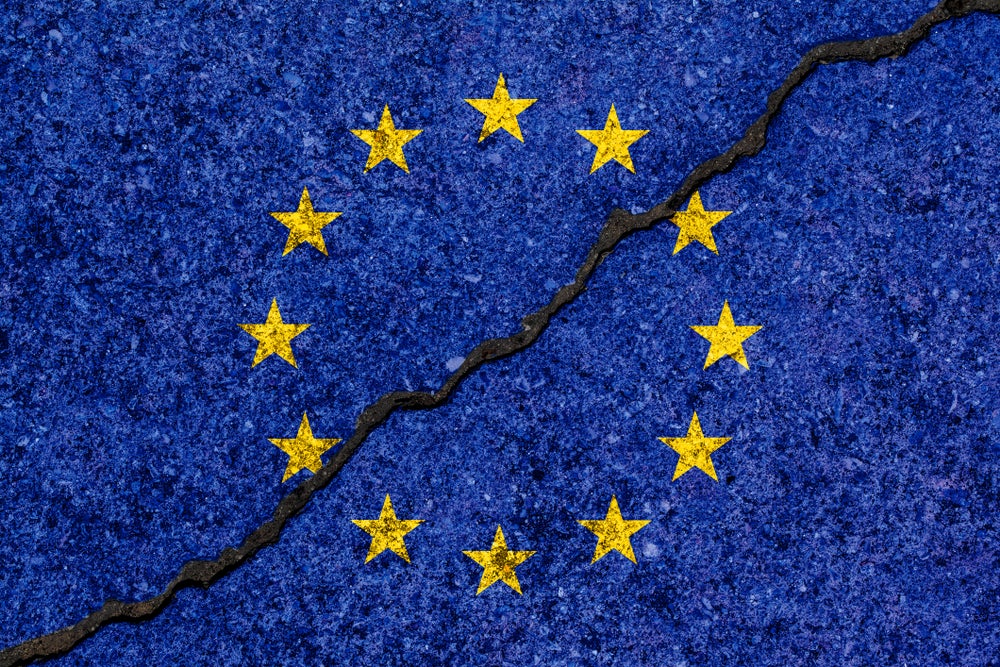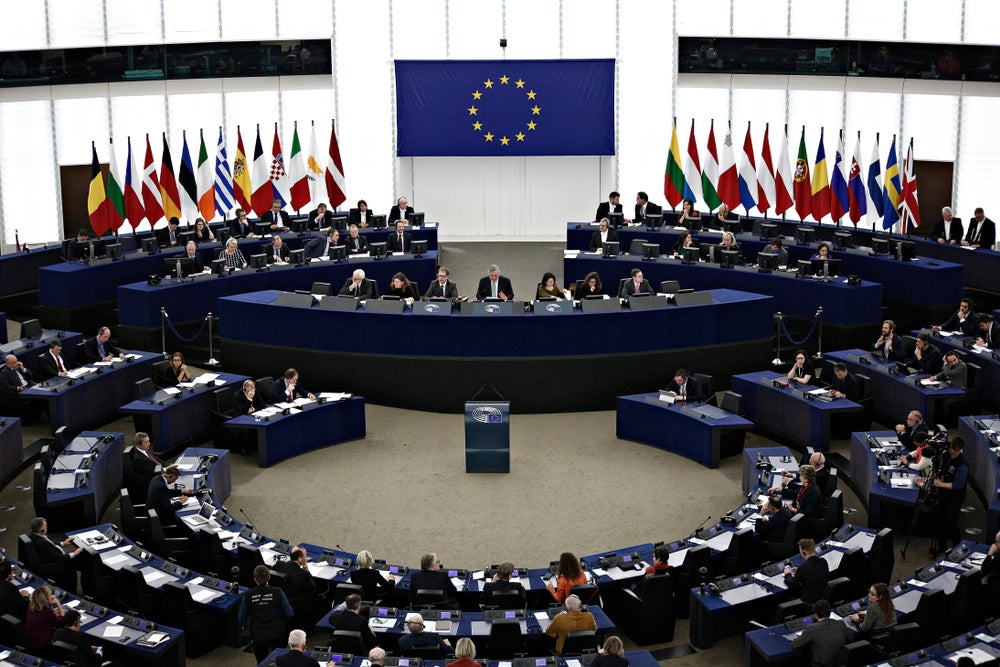
The long-term viability of the EU faces a test in the European elections, according to Stéphane Monier, CIO of Lombard Odier.
Monier cites the populist movements in Germany, France, Italy and Britain as threats to Europe’s 62-year-old political and economic union.
What will the European elections tells us about the future of the EU?
“Every five years the European Union tests its political climate with a continent-wide vote to the European Parliament, the bloc’s only directly-elected institution,” Monier says.
“While support for the European Union is at a level only before equalled in 1983 according to Eurobarometer, the future of the EU has rarely been so in doubt.
“A majority of EU citizens now say the bloc is ‘very likely’ or ‘fairly likely’ to fall apart within two decades.”
The polls suggest that voting will fall into one of the three groupings: socialists and greens, the social conservatives of the European People’s Party, and the anti-European parties.
The third category is particularly prominent in Britain where frustration at the seemingly never-ending process of leaving the European Union has seen a surge in support for the Nigel Farage-led Brexit Party.
The pro-remain Liberal Democrats and the Green Party are also expected to fare well.
Pro EU parties likely to hold majority in European elections
Monier adds that the populist parties across the continent appear too disparate a group to form a concerted Eurosceptic movement.
“The nationalists, ironically, while they are busy looking to form international connections, hardly form a united front and include both left and right wing elements with little prospect of coordinating, nor agreeing on anything beyond their Euro-scepticism.”
Goldman Sachs non-executive chairman, Jose Manuel Barroso, has echoed this.
“I think these elections are going to see the rise of the so-called ‘populist’ parties,” he told Bloomberg.
“I think they are going to grow considerably, but frankly not to a point where they put at risk the majority of the pro-European parties.”
Monier does add though that this could change unless the European Union begins to address the issues at the forefront of its citizens’ minds.
“The European political project can survive and thrive in the long run only if today’s leaders are able to articulate a coherent, common vision on the issues facing Europe, ranging from security to climate change, migration, or economic prosperity.
“Anything less worthy of a vision that founded the EU’s institutions more than six decades ago is at risk of being punished by voters.”








